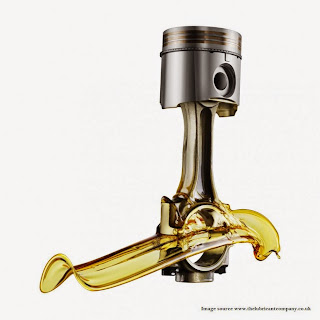Decoding the Interventional Cardiology Devices Market: Key Trends and Outlook
The global interventional cardiology devices market is on a high growth trajectory, driven by the rising prevalence of cardiovascular diseases and the adoption of minimally invasive procedures. According to MarketsandMarkets, the market is projected to reach $25.5 billion by 2027, expanding at a CAGR of 7.7% from 2022.
Download PDF Brochure: https://www.marketsandmarkets.com/pdfdownloadNew.asp?id=548
A
key factor propelling market growth is the rapidly aging population
worldwide, which leads to a higher burden of coronary artery disease.
Interventional cardiology leverages specialized catheter-based devices
to diagnose and treat structural heart conditions through small
incisions rather than open-heart surgery. This minimally invasive
approach allows for faster patient recovery, reduced hospital stays, and
lower risk of infection compared to conventional surgery.
The
most widely used interventional cardiology devices are stents, which are
tiny mesh tubes implanted in clogged arteries to improve blood flow.
Other key devices are angioplasty balloons, catheters, guidewires,
introducer sheaths, and plaque modification systems like atherectomy.
Advanced technologies like intravascular ultrasound (IVUS) and embolic
protection devices complement interventional procedures.
The
market is also driven by the rising prevalence of diabetes globally,
which significantly increases cardiovascular risk. Expanding healthcare
infrastructure and favorable reimbursement policies in emerging
economies are fostering market growth. However, alternatives like
open-heart surgery and risks of product failure or recall pose
challenges.
The interventional cardiology devices industry is
highly consolidated, dominated by established players like Medtronic,
Boston Scientific, and Abbott. These companies invest heavily in R&D
to introduce innovative products and capture larger market share. For
instance, Boston Scientific’s drug-eluting stents like SYNERGY and
Promus PREMIER have significantly improved clinical outcomes in
patients.
Medtronic offers a wide portfolio spanning stents,
balloons, catheters, and guidewires. Its Resolute Onyx DES is a leading
drug-eluting stent providing excellent outcomes in complex cases. Abbott
has a diverse range of products combined with a strong focus on
emerging markets, positioning it as a key contender. Other notable
companies include B. Braun Melsungen, BIOTRONIK, and Terumo.
Most
key players concentrate their efforts on developed markets like the
U.S. and Europe which dominate the global landscape. However, emerging
economies are expected to drive future growth. Rising CVD incidence,
improving healthcare access and favorable demographics make Asia Pacific
and Latin America high-potential markets.
Request Free Sample Pages: https://www.marketsandmarkets.com/requestsampleNew.asp?id=548
Overall,
the interventional cardiology devices market outlook remains positive,
steered by the rising adoption of minimally invasive techniques,
technological advances, and increased cardiovascular disease burden
globally. While legacy players will lead market share gains, new
entrants proposing value-based innovations will gain ground. Amidst
intense competition, companies must pursue differentiated technologies
and strategic partnerships to cement leadership.
Contact:
Mr. Aashish Mehra
MarketsandMarkets™ INC.
630 Dundee Road
Suite 430
Northbrook, IL 60062
USA : 1-888-600-6441
sales@marketsandmarkets.com

Comments
Post a Comment